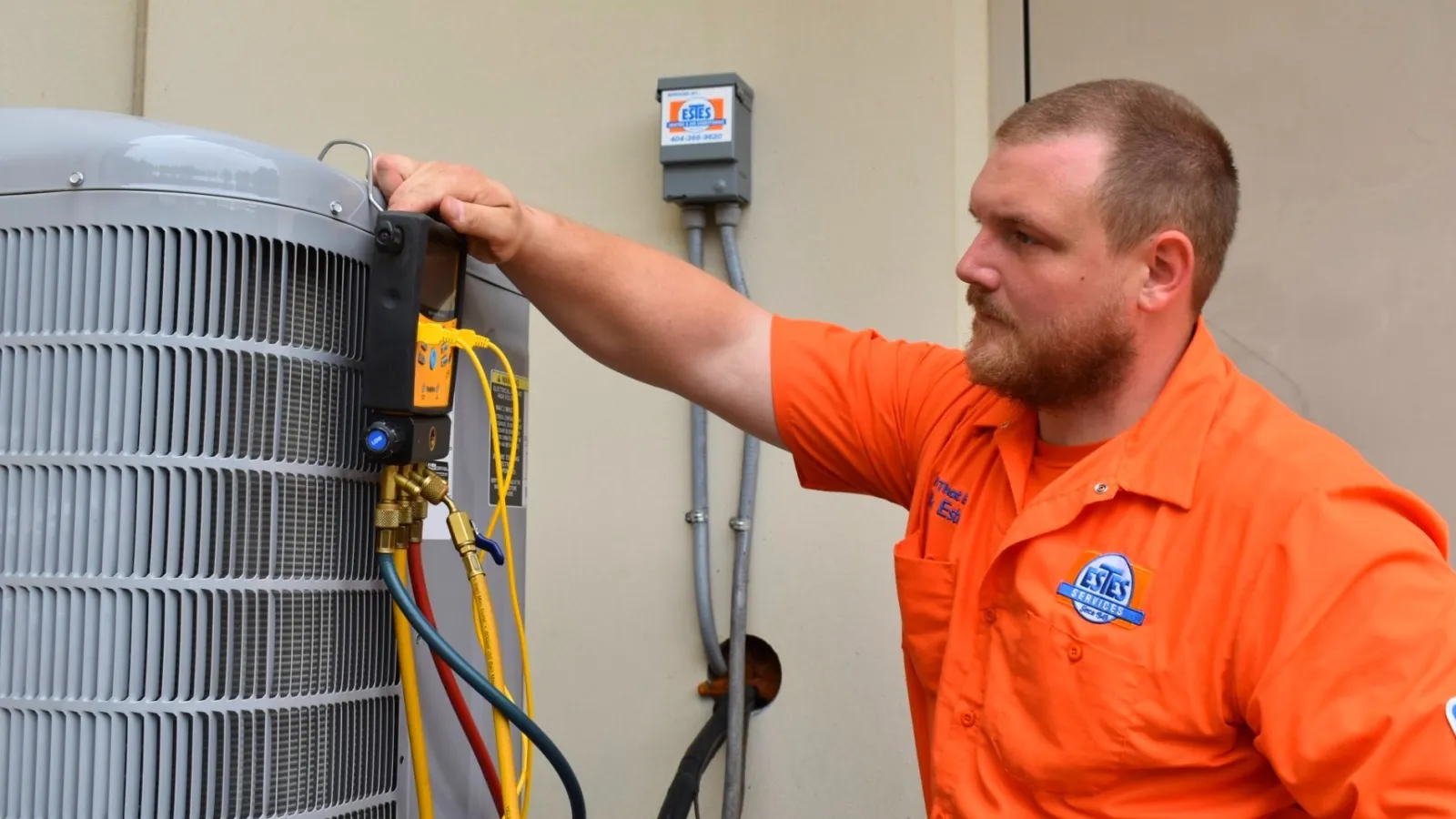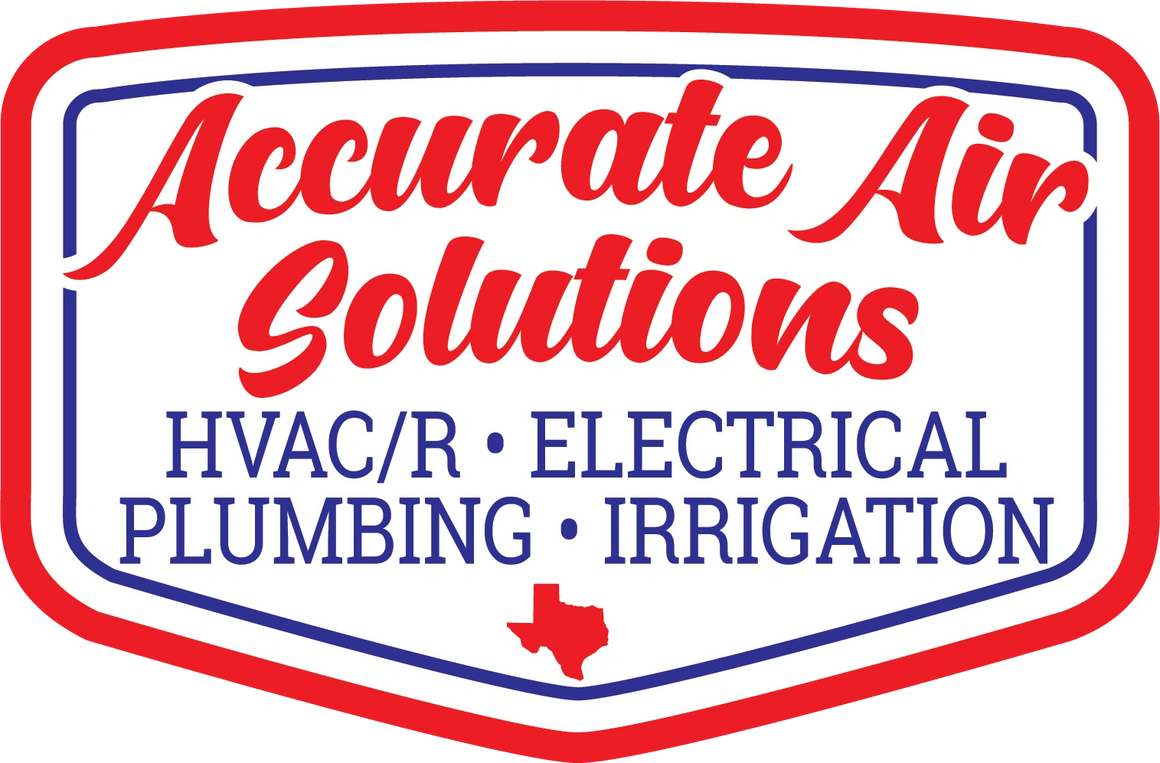The Significance of HVAC Installment: Secret Considerations for a Comfy Indoor Atmosphere
The setup of a HVAC system is a critical part in accomplishing an energy-efficient and comfortable interior setting. Factors such as the viability of the system for certain building requirements, correct sizing to prevent inefficiencies, and the experience of professionals for a high quality installation play critical roles. The fostering of advanced technologies can considerably boost system efficiency.
Selecting the Right System

When picking an a/c system, it is critical to review the ability needed to efficiently warm or cool down the room without exhausting the system, which can cause enhanced wear and operational prices. Consulting with a specialist heating and cooling service provider can supply beneficial insights right into choosing a system that aligns with both the building design and the anticipated usage patterns of the building.
In addition, taking into consideration the combination of wise innovation can boost system administration and tracking, using greater control and prospective cost savings. By diligently examining these elements, one can make sure the option of a HVAC system that not only satisfies prompt needs yet also contributes to long-lasting operational sustainability and passenger convenience.
Comprehending Energy Performance
Understanding power performance is crucial when taking into consideration a heating and cooling installment, as it directly impacts both the ecological footprint and the functional prices of the system. High-efficiency cooling and heating units are designed to use less power to accomplish the same level of comfort as much less effective designs, therefore reducing utility costs and advertising sustainability. The performance of a cooling and heating system is usually indicated by ratings such as SEER (Seasonal Power Performance Ratio) for ac unit or AFUE (Yearly Fuel Application Effectiveness) for furnaces. Greater ratings symbolize greater efficiency and reduced energy usage.

Investing in an energy-efficient heating and cooling system not just translates to cost savings yet likewise adds positively to ecological preservation by lowering greenhouse gas exhausts. Furthermore, many territories offer incentives or refunds for the installment of high-efficiency systems, further improving their monetary appeal.
When evaluating energy effectiveness, take into consideration innovative features such as variable rate electric motors, smart thermostats, and zoning capacities. These developments boost the system's ability to adjust to differing demand, therefore maximizing energy usage. It is critical to seek advice from cooling and heating specialists that can supply insights into the very best alternatives customized to particular environment problems and usage patterns, making sure maximum efficiency and convenience.
Importance of Correct Sizing

Conversely, an undersized a/c system will battle to reach the wanted temperature, specifically during extreme weather problems. This can lead to continual operation, resulting in higher energy costs and potential getting too hot of system components. In addition, insufficient sizing can result in inconsistent temperature level circulation, creating specific locations of a building to be as well trendy or as well warm.
To achieve the right sizing, a complete load calculation is vital. This involves examining numerous variables such as the building's square footage, insulation degrees, home window types, and regional climate conditions. By accurately identifying the heating and cooling demands of a room, a/c professionals can advise systems that guarantee efficient operation, reduced energy consumption, and boosted interior convenience.

Guaranteeing High Quality Installment
A seamless Heating and cooling installation is the foundation of a system's durability and efficiency. This specialist should have extensive expertise of diverse systems and be proficient at evaluating the particular requirements of the structure.
Proper installment exceeds plain placement of devices. It includes precise calibration to ensure optimum air flow, effective power usage, and consistent temperature level distribution. This includes exact ductwork setup, ensuring connections you could try this out are safe and secure and leak-free, which is critical for keeping system performance and interior air high quality.
Furthermore, the execution of sophisticated diagnostic devices throughout setup can discover potential problems early, avoiding pricey repair work and expanding the life expectancy of the system. The contractor needs see here to also make certain that all elements are suitable and that the system conforms with local building regulations and guidelines.
Regular Maintenance Practices
As soon as the foundation for a high-performing a/c system is developed through quality setup, the emphasis needs to shift to regular maintenance methods to make sure ongoing performance and dependability. Routine upkeep not only prolongs the life-span of the system yet also enhances indoor air high quality, minimizes power usage, and stops pricey repair services. Essential maintenance jobs consist of routinely changing air filters, cleaning evaporator and condenser coils, and examining the system for leaks or clogs.
Air filters should be replaced or cleaned each to 3 months, relying on usage and environmental elements. This easy task can significantly improve air circulation and system effectiveness (Heating Contractor in Brownwood TX). Cleaning the evaporator and condenser coils prevents dust build-up, which can hinder warmth absorption and cooling capability. Additionally, specialist specialists ought to inspect the system each year, checking for refrigerant degrees, electrical links, and general system performance.
Interest to ductwork is also crucial; securing and cleaning ducts routinely protects against air loss and contamination. Executing an upkeep routine guarantees that small concerns are dealt with prior Read More Here to they escalate, securing the system's functional integrity. By adhering to these upkeep practices, house owners can maximize their a/c system's functionality and preserve a comfy indoor setting year-round.
Conclusion
By choosing a suitable system tailored to specific structure demands, comprehending energy performance, and guaranteeing proper sizing, inefficiencies can be minimized. The participation of proficient specialists guarantees top quality setup, while the combination of advanced innovations enhances system performance and tracking.
Several kinds of Cooling and heating systems are readily available, including split systems, crossbreed systems, duct-free systems, and packaged home heating and air systems, each with distinct benefits and limitations.
Recognizing power effectiveness is essential when taking into consideration an A/c setup, as it directly impacts both the ecological footprint and the functional costs of the system. The effectiveness of a HVAC system is commonly indicated by rankings such as SEER (Seasonal Power Effectiveness Proportion) for air conditioners or AFUE (Annual Fuel Application Effectiveness) for heaters (Brownwood TX HVAC Contractor).Once the foundation for a high-performing Cooling and heating system is established through high quality installment, the focus ought to move to routine upkeep practices to guarantee ongoing performance and reliability. Additionally, specialist specialists must evaluate the system every year, examining for cooling agent levels, electrical links, and overall system performance